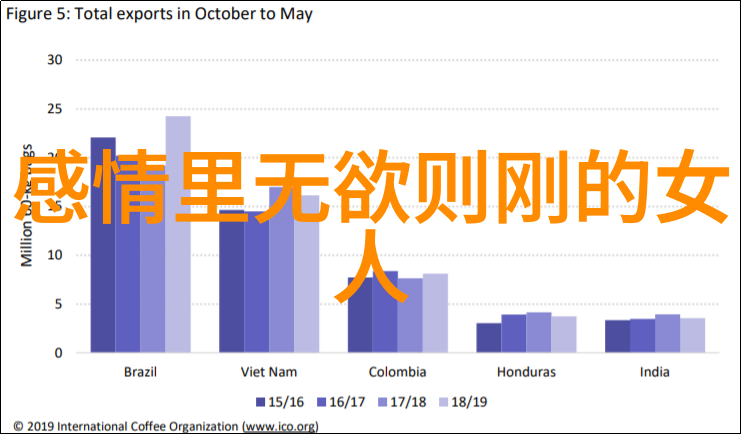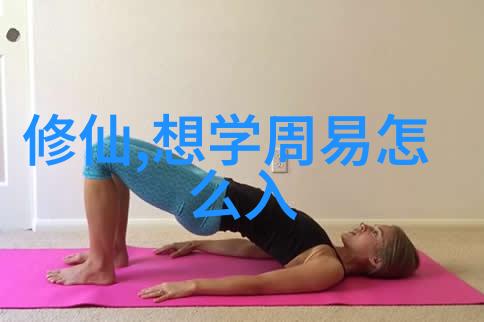在中国古代文化中,道家哲学以其独特的思想体系和实践方法深刻影响了后世。其中,“内丹术”作为道家的重要组成部分,其核心理念与道家经典如《道德经》、《庄子》紧密相连。那么,《Daojia》中的“内丹术”又是基于哪些理论来发展起来的呢?我们将从以下几个方面来探讨这个问题。

首先,我们需要明确“内丹术”的概念。这一术语指的是通过修炼、药物调配等方式,以达到身体健康长寿乃至达到神仙境界的实践方法。在道家文化中,这种追求不仅仅是对生命延长的一种愿望,更是一种精神追求,是对自然规律和人生意义的一种理解。
接下来,让我们回到历史上,看看“内丹术”是如何形成的。最早可追溯到战国时期,当时就有关于养生、修身以及炼神的说法。这些说法大多数来自于阴阳五行之学,以及黄帝时代所传授的秘方。这类文献通常包含了各种药物配方以及练气冥想等养生的方法,旨在保持身体健康并提升生命力。

到了汉朝以后,这些养生秘籍逐渐被系统化,并且开始融入了道家的哲学思想。在此过程中,“内丹术”的理论框架得到了进一步完善。它不仅包括了外部世界(即天地万物)的观察与研究,也包括了内部世界(即人的心灵与身体)的修炼与调整。
正是在这样的背景下,《Daojia》中的“内丹术”逐渐成为了一门独立而完整的实践体系。这一体系强调个体对于自然界和自身进行一种整合性认识,即认为人应该按照自然规律生活,从而实现个人修为提升。此外,它还强调通过精神力量去控制或转化身体上的疾病和缺陷,从而达到长寿甚至永生之境。

然而,不同地区及不同流派之间,对于“内丹”的解释可能会有所差异。但无论如何,都可以看出,“内丹术”的核心理念,与道家的基本原则——如无为、顺应自然等—are closely related. This is why we can say that Daoism, with its emphasis on internal alchemy and spiritual cultivation, has a profound connection with the concept of "inner elixir".
In conclusion, the theory behind Daoist inner alchemy is rooted in the philosophy of Daoism itself. The practice of inner alchemy is not just about physical health or longevity but also about spiritual growth and self-cultivation. It reflects the deep understanding of human nature and our relationship with the natural world.

By exploring this topic, we gain a deeper appreciation for how ancient Chinese thinkers grappled with fundamental questions about life, death, and spirituality. Their ideas continue to resonate today as people seek balance in their lives and strive for personal growth.
The study of Daoist inner alchemy reminds us that wisdom lies at the intersection of body, mind, and spirit – where ancient knowledge meets modern inquiry.




